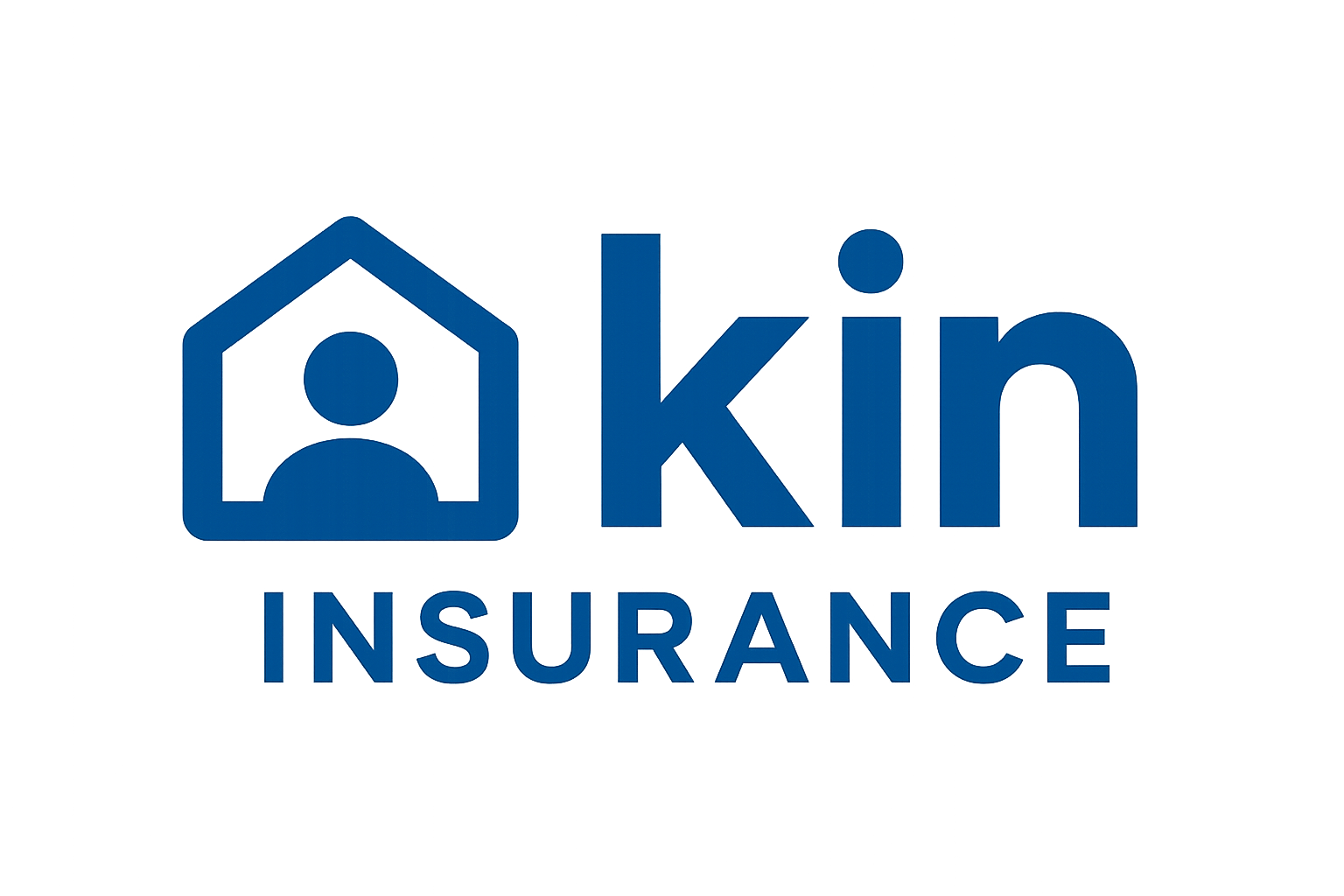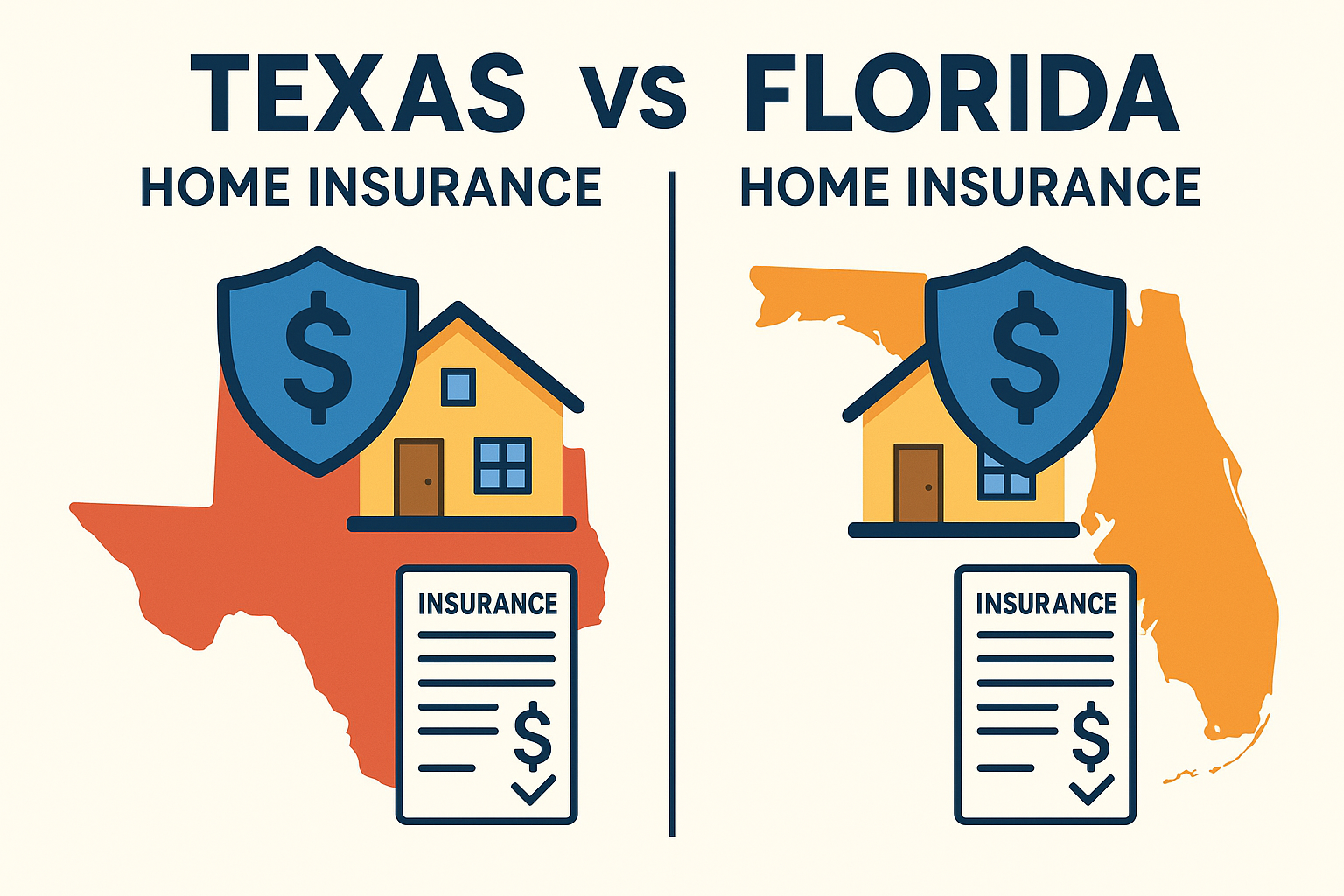Texas homeowners face numerous choices when it comes to protecting their most significant investment. One of the most important decisions is whether to purchase home insurance directly from a provider, such as KIN Insurance, or work through a traditional insurance brokerage. Each approach comes with unique advantages and potential drawbacks. Understanding how KIN Insurance operates and how brokerages support homeowners can help Texans make informed decisions that meet their needs. By comparing both options, homeowners gain clarity and confidence before making a long-term commitment.
Understanding KIN Insurance for Texas Homeowners
KIN Insurance offers a modern way for Texas homeowners to secure insurance coverage. The company operates primarily online, focusing on simplifying the insurance process. Homeowners can receive quotes, customize coverages, and manage policies entirely through the KIN website partners like FloridaInsuranceQuotes.net. Many Texans appreciate how KIN streamlines the application process by removing unnecessary paperwork. Transparent pricing and clear explanations help customers understand exactly what they are paying for. KIN uses technology to analyze risk and provide tailored policies suited to the unique challenges of Texas, such as severe weather. Customer service representatives are available to assist with any questions or concerns via chat, phone, or email. By cutting out traditional agents, KIN can often offer competitive prices.
The company targets homeowners looking for convenience and speed. Many first-time buyers enjoy the straightforward approach, as do those who want a fully digital experience. KIN also appeals to tech-savvy homeowners who value up-to-date methods. Policies typically cover a wide range of risks, including fire, wind, hail, theft, and liability. Texas homeowners can easily add endorsements for extra protection if needed. KIN regularly reviews and updates its coverage options to stay current with changing regulations and homeowner needs.
One challenge some Texans encounter with KIN is the lack of in-person service. Those who prefer face-to-face interactions may find the digital-only model less appealing. However, KIN works hard to compensate for this by providing accessible customer support and a user-friendly interface. The company strives to make every part of the experience as smooth as possible for Texas homeowners.
The Role of Insurance Brokerages in Texas
Insurance brokerages have helped Texas homeowners find the right coverage for decades. A brokerage acts as a middleman between homeowners and various insurance companies. Brokers use their knowledge and connections to shop around for the most affordable and suitable policies. Many Texans rely on brokerages to help them navigate the often complicated world of home insurance. Brokers explain policy details, compare quotes, and answer questions in person or over the phone.
Personalized guidance is a standout feature of working with a brokerage. Texans who want one-on-one support often appreciate having a dedicated expert on their side. Brokerages usually have deep roots in the community and understand the specific risks homeowners face in different parts of Texas. They can recommend carriers with the best reputations for paying claims on time and offer advice about the best coverages for unique properties.
Some brokerages charge a fee, while others receive commissions from insurance companies. Either way, homeowners benefit from the broker’s ability to compare multiple providers and handle paperwork on their behalf. Brokerages also assist when it comes time to file a claim, serving as advocates for their clients. Many homeowners find comfort in knowing they have a trusted partner throughout the entire insurance process.
Key Differences Between KIN and Brokerages
KIN Insurance and brokerages offer different paths to securing home insurance. KIN provides a direct online platform, while brokerages act as intermediaries between homeowners and multiple insurers. The technology-powered model of KIN focuses on speed and efficiency, eliminating much of the traditional paperwork. In contrast, brokerages emphasize personal relationships and tailored advice. Homeowners who value personalized phone interactions may prefer the hands-on support from a broker.
Pricing strategies also differ between the two options. KIN often claims lower premiums by using data-driven pricing and streamlining its operations. By not paying commissions to agents, KIN can sometimes pass savings on to customers. Brokerages, on the other hand, shop across several companies to find the best rates and coverages available. They advocate for the homeowner and may have access to special programs or discounts from partner carriers.
Another key difference lies in the service experience. KIN customers manage everything online, from filing claims to updating policies. Brokerages often handle these tasks directly, providing step-by-step help when challenges arise. Some homeowners appreciate the convenience and speed of KIN’s model, while others prefer the relationship-based approach of a local broker. Both options have their strengths, and the right choice depends on individual preferences and priorities.
Choosing the Best Option for Your Texas Home
Deciding between KIN Insurance and a traditional brokerage depends on your needs and expectations as a Texas homeowner. Those who value quick, online solutions may find KIN’s digital platform ideal. The ability to manage policies from a smartphone or computer appeals to busy homeowners who want to save time and effort. Transparent pricing and easy access to information make KIN an attractive option for tech-savvy buyers.
Homeowners who prefer personal service may lean toward using a brokerage. Brokers answer questions, compare policies, and provide guidance through every step of the process. If you own a unique or high-value property, or if you are new to homeownership, a broker can help you understand your options. Brokerages can also be a good fit if you want ongoing support when filing claims or updating your coverage.
Consider your comfort level with technology and your preference for personal interaction. Evaluate the complexity of your insurance needs and the level of support you want. Take the time to gather quotes from both KIN and online quote engines like this to compare costs and coverage. Speaking with current customers can give you additional insight. Ultimately, choose the path that suits your lifestyle, budget, and overall peace of mind.
Conclusion
Texas homeowners have more choices than ever when it comes to insuring their property. KIN Insurance offers an innovative, fully digital experience tailored for those who value speed and transparency. Traditional insurance brokerages provide personalized service, in-depth advice, and the ability to compare multiple policies with expert assistance. Each option comes with unique advantages and potential drawbacks. Homeowners who prefer convenience and easy online access may opt for KIN, while those seeking guidance often choose a brokerage. Regardless of which path you choose, the goal remains the same: protecting your home and financial future. Take the time to research and compare your options before making a commitment. Consider your needs, preferences, and the level of service you expect in times of need. By making an informed decision, you can feel confident that your Texas home is well protected. A thoughtful choice today can make all the difference when challenges arise in the future.



